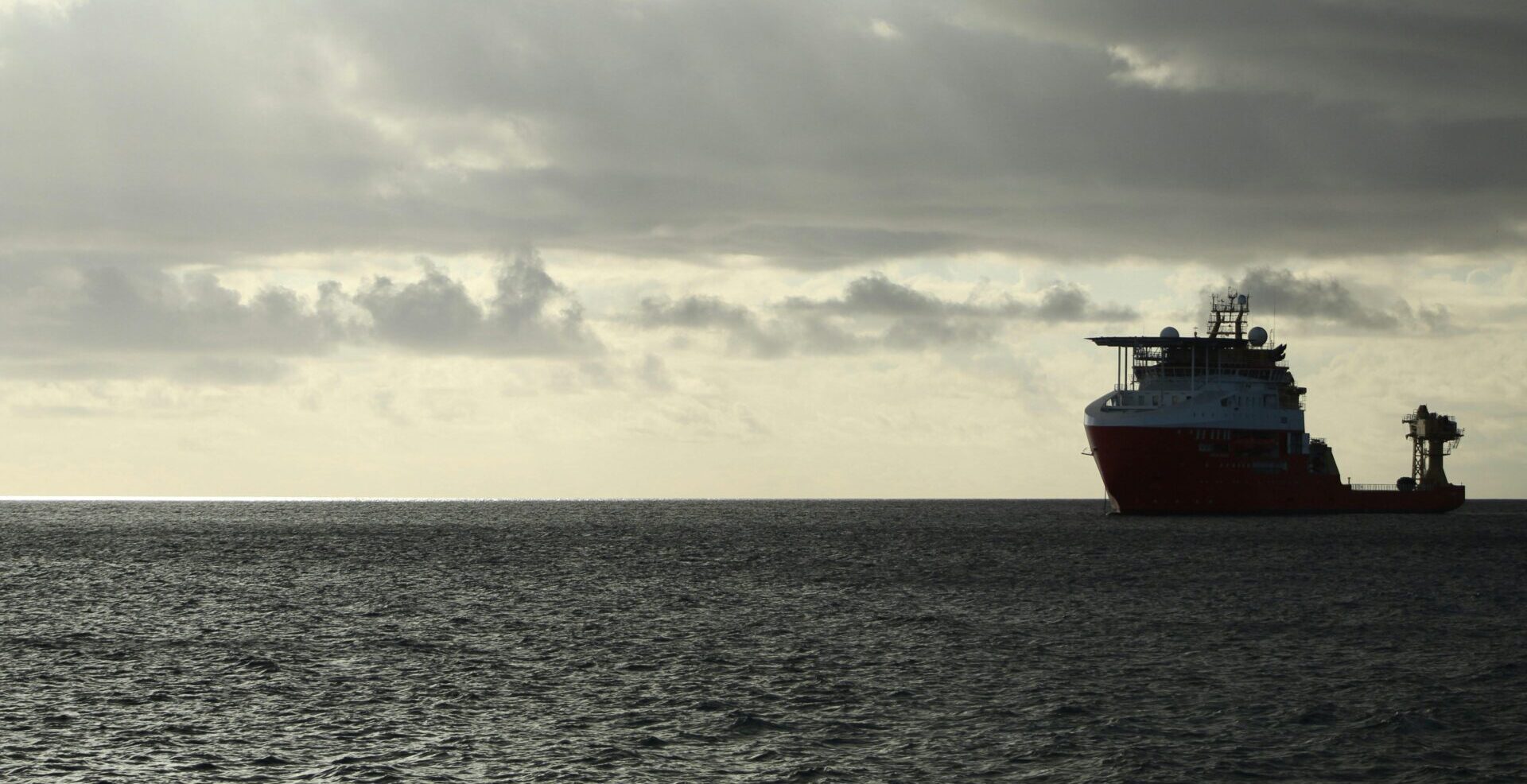The United Nations’ International Maritime Organization (IMO) Net-Zero Framework (NZF), designed to combat climate change through green shipping, faces significant hurdles due to economic and political resistance. Approved for circulation in April 2025, the framework aimed to establish global standards for reducing greenhouse gas (GHG) emissions in the shipping sector. However, its adoption was delayed in October 2025 due to opposition from key players, including the United States and Saudi Arabia. The U.S. labeled the initiative a ‘Global Green New Scam Tax,’ fearing increased shipping costs and economic repercussions. Saudi Arabia, a major petroleum exporter, proposed a one-year delay in voting, further stalling progress. The framework’s core elements—a global fuel standard and an economic measure—aim to reduce emissions through a carbon credit trading system. Ships exceeding emission limits would pay penalties, while low-emission vessels would earn credits. Despite its potential to drive sustainable shipping, concerns over rising consumer prices and the economic impact on oil-dependent nations have fueled resistance. Caribbean states, vulnerable to climate change but reliant on imports, abstained from voting, highlighting the complex balance between environmental and economic priorities. Economists emphasize the need to address both transition costs and the urgent realities of climate change. The pause in the NZF’s adoption underscores the challenges of aligning global climate efforts with diverse national interests. Moving forward, IMO members must work collaboratively to address concerns and advance a viable plan for reducing shipping emissions.
